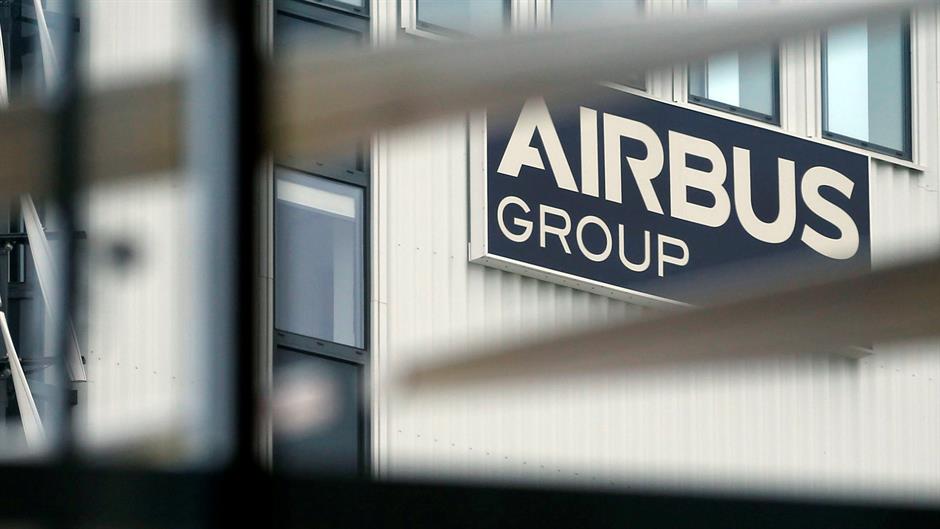
The United States plans to impose tariffs on $7.5 billion worth of European exports as soon as October 18, a senior US Trade Representative official said on a call with reporters Wednesday.
The move could spark a damaging transatlantic trade war as President Donald Trump tries to reach a deal with China.
The World Trade Organization (WTO) ruled earlier that the United States could target goods from EU nations because the bloc had failed to comply with an earlier ruling regarding government subsidies for Airbus. It's the latest twist in a long-running dispute over support provided by European and US governments for the world's biggest airplane manufacturers.
The conflict dates back to 2004, when EU authorities said Boeing had received $19 billion in unfair subsidies from federal and state governments. The US government filed a similar claim that year over European subsidies to Airbus.
Wednesday's ruling, which will affect less than 2% of the value of total EU exports to the United States, could further inflame trade tensions with the Trump administration. If the United States goes ahead with the tariffs, which seems likely, Europe will retaliate.
The top EU trade official said that the bloc had shared proposals with the United States as recently as July for "a new regime on aircraft subsidies," but had so far received no response.
"Our readiness to find a fair settlement remains unchanged," EU Trade Commissioner Cecilia Malmström said in a statement. "But if the US decides to impose ... countermeasures, it will be pushing the EU into a situation where we will have no other option than do the same."
The Trump administration had initially proposed tariffs of up to 100 percent on $25 billion of European items, including new aircraft from France, Germany, Spain and the United Kingdom - all countries where Airbus has production sites.
Cheeses such as Parmesan and Gouda were on the original list of target products, which also included wines and meats, olive oil, olives and pasta from across the European Union.
The list of goods that the United States now plans to hit with tariffs is expected to be published later Wednesday or Thursday, the senior US Trade Representative official said. Aircraft will be subject to a 10 percent tariff, and a variety of other goods with be subject to a 25 percent tariff.
In the coming months, the WTO will determine the amount of countermeasures the European Union can impose on US products because of unfair subsidies to Boeing.
If both sides elect to impose tariffs, this "would only inflict damage on businesses and citizens on both sides of the Atlantic, and harm global trade and the broader aviation industry at a sensitive time," Malmström added.
Airbus reiterated calls for talks, saying tariffs would be a "barrier against free trade," and negatively affect airlines, travellers and jobs in the United States.
"Airbus is therefore hopeful that the US and the EU will agree to find a negotiated solution before creating serious damage to the aviation industry as well as to trade relations and the global economy," CEO Guillaume Faury said in a statement.
Transatlantic trade is already facing increased friction. The US has imposed tariffs on European steel and aluminium exports.
The EU retaliated with tariffs on more than $3 billion worth of American exports in June. Those levies hit products such as motorcycles, orange juice, bourbon, peanut butter, cigarettes and denim.
EU economies are already under pressure, and new tariffs could further dent growth. The trading relationship is worth more than $1 trillion annually, but Europe exports significantly more goods to the United States than the other way around.
In 2018, the European Union exported €407 billion ($445 billion) worth of goods to the United States. US exports to the European Union totalled $318 billion. And the July goods deficit with the European Union - at $20.1 billion - was the highest on record, according to the US Census Bureau.
The WTO on Tuesday slashed its forecast for world trade growth in 2019 to 1.2 percent from 2.6 percent.
Kakvo je tvoje mišljenje o ovome?
Učestvuj u diskusiji ili pročitaj komentare





 Srbija
Srbija
 Hrvatska
Hrvatska
 Slovenija
Slovenija



























































